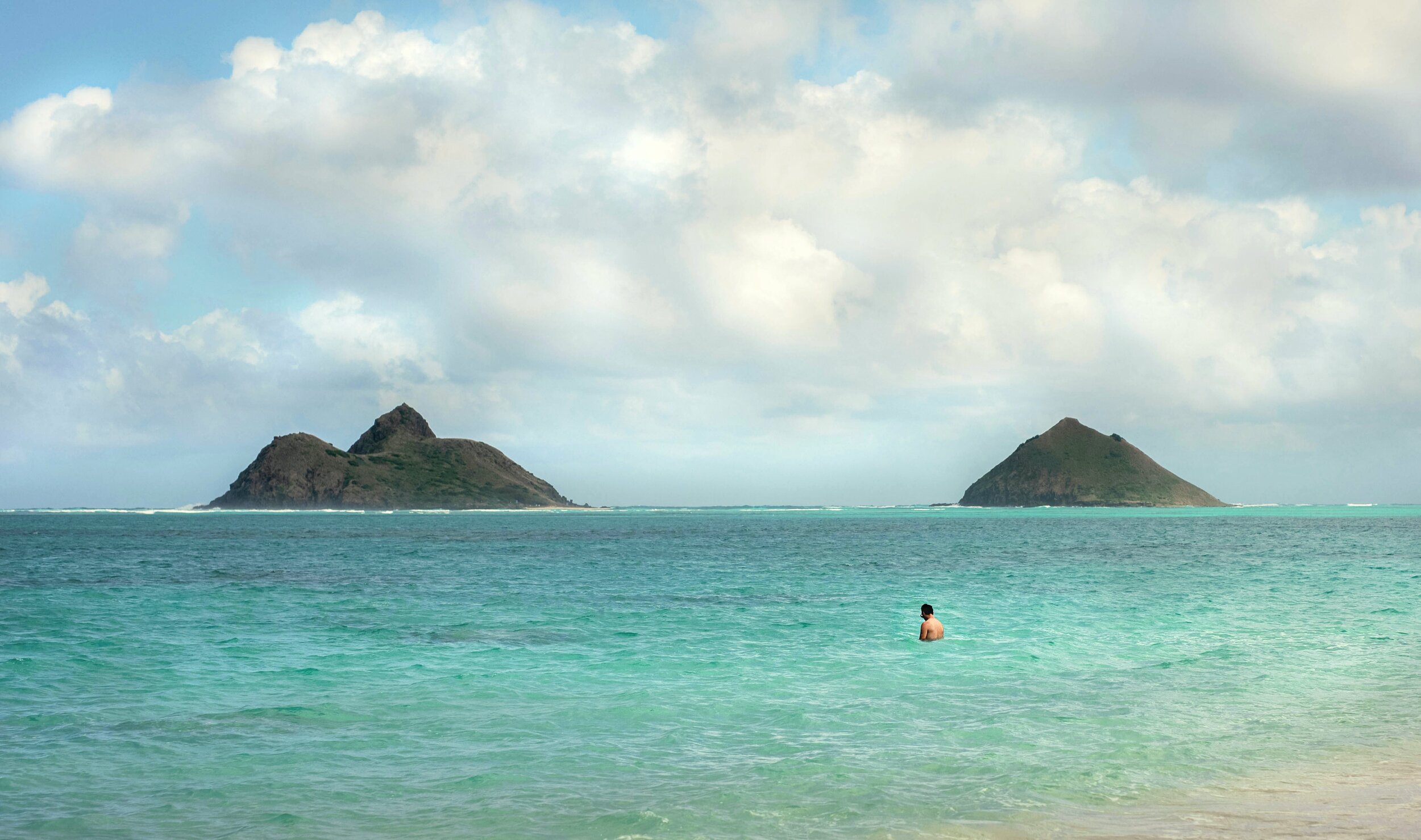“No Man Is an Island”: The Power of Community
No Man is an Island
John Donne, portrait by Isaac Oliver
Image | Public Domain, Wikimedia
“No Man Is an Island.” You probably already know this phrase. The words are universally known and often-quoted around the world, but maybe we do not all know the origins. They were originally written in 1624 by the English poet and cleric John Donne (1572-1631) in his Devotions Upon Emergent Occasions—Meditation XVII. This is one of Donne's most important and haunting works in prose, composed in less than a month during an illness that nearly cost the writer his life. Although it was written 400 years ago, it still has a profound meaning for us today, and I would say particularly in these Covid pandemic times, with isolation, lockdowns and a need for mutual responsibility and respect:
No man is an island,
Entire of itself,
Every man is a piece of the continent,
A part of the main.
If a clod be washed away by the sea,
Europe is the less.
As well as if a promontory were.
As well as if a manor of thy friend's
Or of thine own were:
Any man's death diminishes me,
Because I am involved in mankind,
And therefore never send to know for whom the bell tolls;
It tolls for thee.
A reading of John Donne’s poem by Peter Baker
I understand the words «no man is an island» as an expression of the idea that human beings do badly when isolated from others and need to be part of a community in order to thrive. John Donne was a Christian, but this concept is shared by other religions. It is meaningful on different levels and also for non-believers like myself.
The «island» can be seen as a metaphor for isolation and remoteness, without contact to the social world, where you can be free of the rules of the «continent», as a private land of tranquility. But human beings are connected to each other. Connection is important for the wellbeing and the survival of any individual. No one stands alone like an island that is surrounded only by the sea. We need one another to survive in life. Each individual person is like a part of the mainland or a piece of a bigger continent rather than an island that is self-sufficient and cut off from the rest.
No man is an island
Image | Cat Han, Unsplash
Being part of a community—be that a nuclear family or a group of friends, your neighbourhood, or communities of mutual interests or activities—is about developing stronger social bonds that can improve a person’s health, happiness, and overall quality of life. Stronger communities are shown to produce better economies, more cohesive governments and less crime. Or as Barbra Streisand so beautifully sang, “people who need people are the luckiest people in the world.”
Personally, I have found help and support in small and large communities in different ways and for different reasons.
When you settle in another country (as I did when I moved from Denmark to France with my husband and daughter), you leave behind family, friends, and your own culture, which can be a tough moment of loneliness, a feeling of being lost in new cultural references and new social interactions. But I was lucky to have my husband, my family-in-law, friends of my husband, and also a group of parents at my daughter’s preschool, all with whom I got a sense of belonging to a place and from whom I also learned about education in France and the French way of raising children. I was not alone.
I found a job in tourism, which gave me colleagues and friends and a very helpful understanding of work conditions, job contracts, and much more. Becoming part of a local guides’ association helped me create more connections. I enjoy being part of a team, where I can «ping-pong» ideas, get inspired by others, and be involved in projects. More recently, in 2020 due to Covid, I was not guiding and couldn’t travel freely around in the world, but thanks to my dear colleagues in the Guide Collective, and through our many Zooms, telephone talks and mails, I felt less isolated. I was not alone.
At a very difficult moment of my life, at my husband’s funeral, there was an immense group of people in the funeral parlor. I couldn’t see all the faces and I had not had the time to greet everybody, but there was a feeling in the room of shared emotions, and a strong sense of support towards me, my daughter, and my husband’s brothers. I knew I was not alone.
Family, friendships and work relations are all groups of small communities. On a larger scale, it is so powerful to see communities being created for a cause that concerns us all— for instance the fight for the protection of our environnement.
A movement was started in 2018 by a Swedish girl, Greta Thunberg, at the age of 15. Greta called for a stronger action on climate change, standing alone with her sign « School strike for climate » in front of the Swedish Parliament. Other students engaged in similar protests, and together they organised a school climate strike movement under the name “Fridays for Future.” The movement grew, and in 2019, they launched ”Global Week for Future,” a series of 4500 strikes in over 150 countries, gathering 4 million people, many of them schoolchildren. Greta’s protest has become global, she is not alone.
Many other communities and movements around the world have helped people to connect, to share common ideas, and to not feel alone. Think about how all achievements, technology, science, medicine, literature, religion, politics, and other important things would not be possible if it was not for that simple ability to communicate, think, and work together. One is nothing without the community, and the community is nothing without the one.
So poignant and true are John Donne’s phrases from Meditations XVI that they have been used in many different ways. For instance in the title of Ernest Hemingways’s novel from 1940, For Whom the Bell Tolls about the Spanish Civil War. In his novel, Hemingway uses John Donne not only in the title but also in the epigraph—the point being that Spain’s change from democracy to fascist dictatorship affects everyone, not just the Spaniards.
In the French documentary from 2018 by Dominique Marchais, Nul homme n’est une île (No Man is an Island), the director travels to Sicily, where farmers are working together in the Galline Felici cooperative, and also to the Swiss Alps and Austria, where architects, craftspersons, and elected representatives collaborate. All are engaged in politics through their work, and all believe in a common destiny. Maybe the local level is the last possible place for a viable utopia?
In a political context, the day after the UK European Union membership referendum, the English singer, songwriter, and musician PJ Harvey read Donne’s text at a concert on June 24, 2016.
PJ Harvey reading John Donne’s words
And even when Donne’s words have found their way into the lyrics of songs, they do not lose their potency—a testament to the universal truth they bear for all of us.
”No Man Is an Island” by Dennis Brown, recorded when he was only 12 years old.
”No Man Is an Island” by Swiss harpist and singer Linda Vogel
“No Man Is an Island” by Greek music trio No Clear Mind


